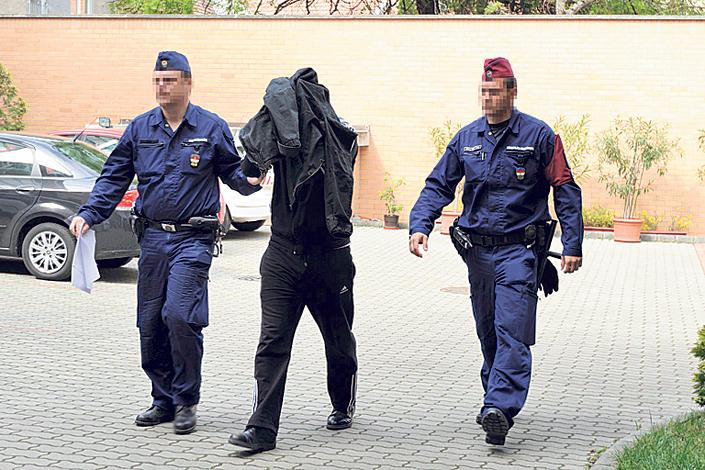The https://english.atlatszo.hu use cookies to track and profile customers such as action tags and pixel tracking on our website to assist our marketing. On our website we use technical, analytical, marketing and preference cookies. These are necessary for our site to work properly and to give us inforamation about how our site is used. See Cookies Policy
Thousands targeted by Hungarian internal affairs
Since 2011, NVSZ, the national defense service which functions as Hungary’s internal affairs bureau, has identified some 7,500 individuals as persons of interest from the country’s law enforcement and service corps. Around 10% of the investigations target mid- to top- management. Experts agree that even though the number seems high, it only accounts for a fraction of the corrupt acts that regularly take place.
Atlatszo.hu has learned that Hungary’s national defense service (NVSZ), the internal affairs bureau which exists to “police the police”, has started inquiries into the possible corrupt practices of thousands of people enlisted in varies branches of law enforcement and public services. The bureau was set up in 2011 with the express purpose of combating corruption. Among others, its operating license allows it to stage entrapment situations which can be used to catch suspected officials red-handed.

During the four years of NVSZ’s existence there have been a handful of cases that received extensive media attention. Almost the entire staff at a border guard station were detained for accepting bribes in relation to the ongoing migration situation. Others were questioned in cases related to accepting payment for allowing the passage of cargo uninspected. In one case, a firefighter was questioned for performing a rescue and then charging for his services.
The largest number of inquires, 4,700 were launched within the ranks of the police, but over 1,000 tax and customs officials were also targeted. The altogether 7,496 investigations would assume an impressive record at NVSZ, however, these are only the figures for the suspects, we have yet to receive information about how many of these investigations actually uncovered wrongdoings and led to convictions. Every tenth person raising a red flag works at middle to top management positions.
Even so, these numbers point to serious and widespread corruption in Hungary, which even the authorities admit to, especially given the long dormancy period of corruption. According to a study by the National Institute of Criminology, there is a general consensus in society which condones overlooking low-value corruption. As such, law enforcement has little chance of identifying and prosecuting the majority of the cases. Also, public salaries are low, and there is therefore already a strong incentive for people in a power to abuse their positions and/or accept bribes.
The researchers Atlatszo.hu asked agreed that there is only a perception of how widespread corruption is in Hungary, and no effective means to conduct more specific research. The existing statistics can only reveal cases where there is a suspicion or confirmation of illegal acts, but it is generally agreed that these records only reflect a fraction of the actual incidence.

